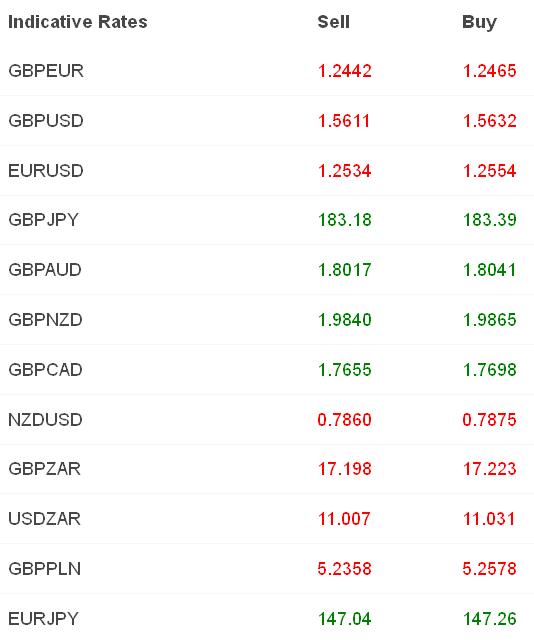Investing.com’s stocks of the week
Focus shifts away from inflation to central banks today as the minutes of the latest Bank of England and Federal Reserve meetings are published at 9.30pm and 7.00pm respectively. Both are expected to remain cautiously optimistic on their respective economies but mindful of and vigilant towards recent pressures from abroad; mainly that of disinflation and slowing growth.
As I noted on Monday, last week’s Bank of England Quarterly Inflation Report suggested the MPC’s concern over the UK economy had increased in the past few months. Indeed, it seems that most members of the rate setting committee were cautiously optimistic – with an emphasis on the optimistic – on the UK’s growth prospects while now, that emphasis has switched to being more cautious.
I am looking for comments on inflation to back up the decision to lower the Bank’s own forecasts moving forward and that there will be very few, if any, pieces of language that suggest any form of necessity around imminent interest rates. I have my doubts that the voting record will have changed from the 7-2 that we have seen since August. Ian McCafferty, one of the MPC members who has broken ranks with Carney and has been voting for rate increases, last night was interviewed on a London radio station confirming that he has been voting for rate rises since September ‘consistently’. There is little to suggest therefore that he or Martin Weale have changed their minds this month.
Yesterday’s inflation numbers from the UK beat expectations but will do little for sterling in the near-term. UK CPI in October hit 1.3% compared to a year ago, it was expected at 1.2% and while consumer prices have tripped a shade higher, I think they remain set on a negative course. The recent Shop Price Index from the British Retail Consortium showed further falls in food prices, while anyone who has filled up a car, bought clothes and/or electronic goods in the past six weeks in the UK will know that there are some discounts and bargains out there.
It is almost certain that November’s number is lower than October’s and could easily hit 1%, triggering a letter from BOE Governor Carney to Chancellor George Osborne to explain why. Of course, the increase now wipes out last week’s wage improvement and tightens pressure on pockets heading into Christmas. Retailers will continue to cut prices heading into the festive period, until decent wage strength allows their margins some breathing room. GBP initially moved higher on the announcement but has since fallen, touching the 1.56 figure against the USD and the range lows of 1.2460 in GBP/EUR.
The prospects for additional USD strength are fairly balanced this week and will remain largely contingent on any additional policy noises that we can uncover as part of the latest Federal Reserve minutes.
These are the minutes from the meeting that took place on October 28th and 29th ending in a press conference from Janet Yellen that initiated the most recent run of USD outperformance. To briefly summarise, USD flew higher as the Committee noted that “on balance, a range of labour market indicators suggest that underutilisation of labour resources is gradually diminishing”. While only a slight deviation from their normal “significant underutilisation of labour resources” it represents that the repair to US labour markets – an obvious pre-cursor to monetary policy tightening – is starting to be seen more consistently.
There will of course be mixed opinions on this language change – unanimity is for dictatorships – and we feel that a dovish surprise may be forthcoming, especially within passages around the inflation profile of the world economy. The past few weeks has seen a number of developed nation central banks take action to prevent against disinflation and while we are not expecting the Federal Reserve to be one any time soon, the pressures of divergence on a policy standpoint are obvious.
Yen has weakened substantially overnight following the latest Bank of Japan meeting. The monetary base has been kept at the newly increased level of Y80trn, however, the board seems more unanimous about current policy. October’s meeting saw a 5-4 voting record in favour of the increase. The voting record has seen Kuroda get his way now and sits at 8-1. Yesterday, Japanese PM Shinzo Abe announced that he’ll dissolve the country’s lower house of parliament this Friday and that a sales tax increase that was originally due in October of next year will be postponed by a further 18 months. Postponing the sales tax increase into 2017 means that monetary policy will have to stay loose past then to make sure a recession is once again not created by overly tight fiscal adjustment. There is very, very little reason to hold the yen in my eyes currently, and into the near future.

